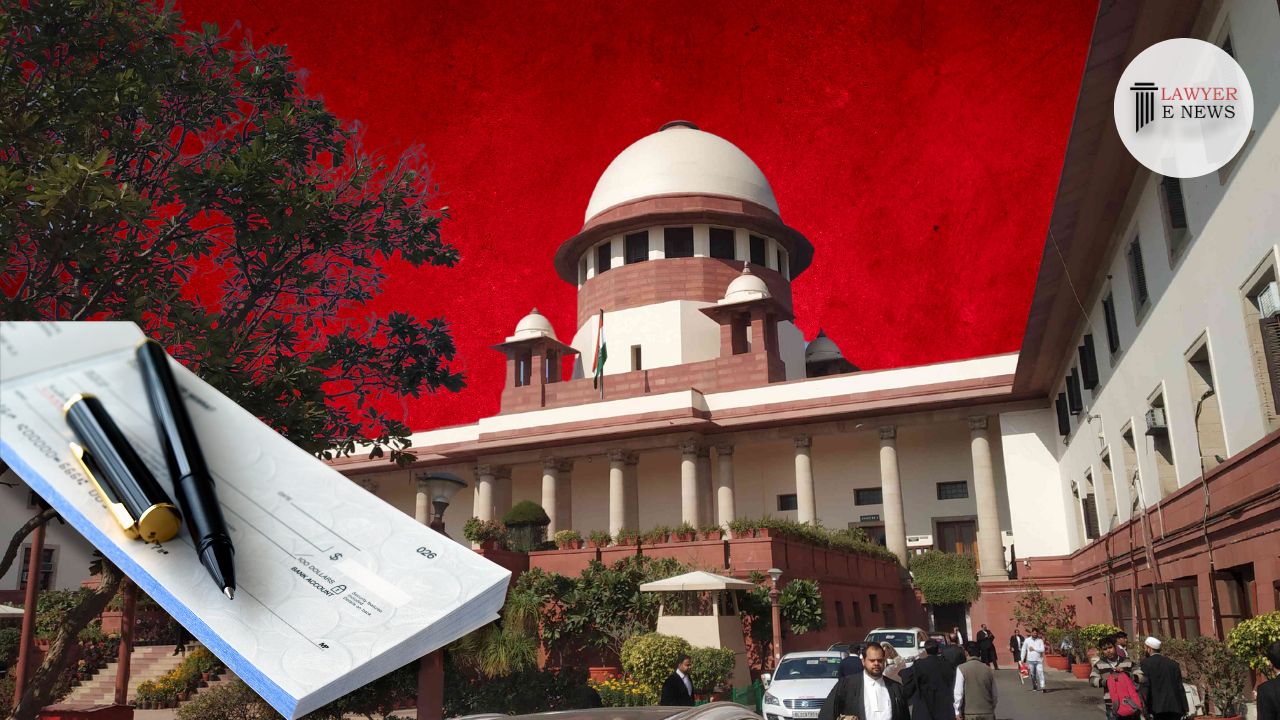-
by sayum
14 February 2026 2:22 PM



Supreme Court sets aside High Court and Trial Court decisions, emphasizing the scope of judicial scrutiny under Section 227 CrPC in the case of Ram Prakash Chadh
In a significant ruling, the Supreme Court of India dismissed the appeal in the custodial death case involving Ram Prakash Chadha, emphasizing the proper application of judicial scrutiny under Section 227 of the Code of Criminal Procedure (CrPC). The bench, comprising Justices C.T. Ravikumar and Sudhanshu Dhulia, underscored the necessity of evaluating the prima facie case based solely on the materials submitted by the prosecution.
The case revolves around the custodial death of Ram Kishore, an accountant employed by Ram Prakash Chadha, the owner of Goodwill Enterprises. In 1993, Ram Kishore and another employee were allegedly involved in a robbery incident. Following the robbery, Ram Kishore was taken into police custody, where he was allegedly tortured and subsequently died. The appellant, Ram Prakash Chadha, initially lodged the complaint leading to the custodial interrogation of Ram Kishore.
The court meticulously examined the application of Section 227 CrPC, which mandates judicial scrutiny based on the "record of the case and the documents submitted therewith." The judgment reiterated that the scope of this provision does not extend to materials produced by the accused. The Supreme Court emphasized that judicial consideration should be confined to the prosecution's evidence to determine whether there is sufficient ground for proceeding against the accused.
The court reiterated that the judicial officer must exercise judicial mind to the facts revealed from the prosecution's materials to determine the existence of a prima facie case. The judgment cited precedents, emphasizing that at this stage, the probative value of the evidence is not to be assessed deeply, and the court should avoid conducting a mini-trial.
In its judgment, the Supreme Court clarified the principles of criminal conspiracy under Section 120B IPC, requiring an agreement between two or more persons to commit an illegal act. The court found an absolute absence of any materials suggesting an agreement between the appellant and other accused to commit the alleged offences, thereby negating the charge of criminal conspiracy.
Justice Ravikumar stated, "The strong suspicion required to frame a charge should be based on the material brought on record by the prosecution and should not be based on mere suppositions or conjectures."
The judgment highlighted that the trial court and the High Court erred by not adequately evaluating the evidence provided by the prosecution. The materials on record did not sufficiently establish a prima facie case against the appellant, as there was no direct or implied agreement of conspiracy or common intention with the police officers who allegedly tortured Ram Kishore.
The Supreme Court found that the appellant's involvement in bringing Ram Kishore to the police station and subsequently lodging a complaint about his custodial death did not constitute grounds for a prima facie case of criminal conspiracy or murder. The appellant's actions were consistent with a concerned employer rather than a conspirator.
The Supreme Court's dismissal of the appeal underscores the importance of adhering to the legal standards set forth under Section 227 CrPC, ensuring that charges are framed based on substantive evidence rather than conjecture. This judgment reinforces the need for a cautious and evidence-based approach in criminal proceedings, particularly in cases involving serious allegations such as custodial deaths.
The ruling sets a precedent for future cases, emphasizing that judicial scrutiny at the discharge stage should be rigorous and confined to the prosecution's materials, thereby safeguarding the rights of the accused against baseless prosecutions
Date of Decision: July 15, 2024
Ram Prakash Chadha vs. The State of Uttar Pradesh
